Netflix’s latest historical drama, The Piano Lesson, brings a supernatural twist to a tale of family, heritage, and generational trauma. Directed by Malcolm Washington, this adaptation of August Wilson’s acclaimed play features musical and ghostly elements intertwined with the vengeful presence of Sutter’s ghost.
With an ensemble cast led by John David Washington (Tenet, The Creator), Samuel L. Jackson (Pulp Fiction, The Hateful Eight), Danielle Deadwyler (The Harder They Fall, Station Eleven), and Ray Fisher (True Detective, Justice League), The Piano Lesson delivers a powerful narrative steeped in history and spirituality.
Despite its historical context, The Piano Lesson is not based on true events. The film has received glowing reviews, boasting a 90% critic score on Rotten Tomatoes. As Malcolm Washington’s directorial debut, this movie explores deep familial ties, cultural legacy, and the lingering effects of slavery.
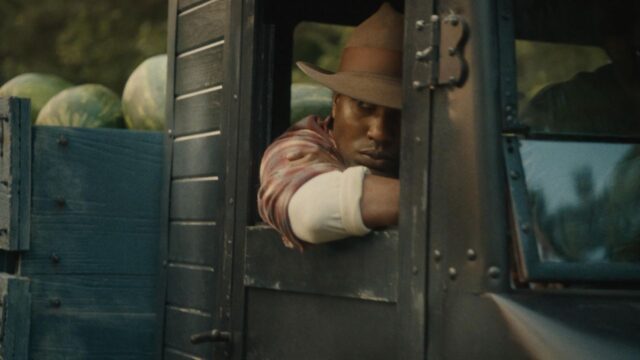
Why Boy Willie Decides Against Selling the Piano
In the pivotal moments of The Piano Lesson, Boy Willie relinquishes his goal to sell the family’s prized piano. This heirloom, stolen from the Sutter plantation by Boy Charles (Boy Willie’s father), symbolizes sacrifice and protection.
Initially determined to sell it to buy land in Mississippi, Boy Willie understands its true value—not just as a historical artifact but as a link to his family’s enduring spirit.
Samuel L. Jackson’s Doaker is a mediator throughout, helping Berniece and Boy Willie see the importance of preserving their shared legacy.
Why Playing the Piano Is Crucial for Berniece and Martha
After Boy Willie’s harrowing battle with Sutter’s ghost, he implores Berniece and her daughter Maretha to keep playing the piano. This act connects them to their ancestors and strengthens their familial bond.
Initially hesitant, Berniece sees playing the piano as a way to honor the sacrifice of Boy Charles, who was killed for stealing it. This pivotal realization empowers her to embrace the piano’s spiritual and historical significance.
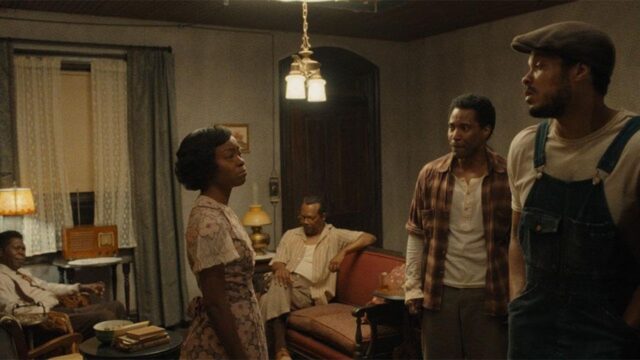
Is Boy Willie a Ghost?
One of the film’s most thought-provoking lines hints at a supernatural twist: Boy Willie tells Berniece that if the piano isn’t played, both he and Sutter might return.
This statement has led some viewers to speculate whether Boy Willie is also a ghost, especially given the eerie parallels to Sutter’s death. However, the play and the film confirm that Boy Willie is alive. The line emphasizes the ancestral connection to the piano rather than suggesting Boy Willie’s demise.
How Berniece Defeats Sutter’s Ghost
Berniece’s decision to play the piano marks a turning point in the film. Initially resistant, she uses the piano’s spiritual power to banish Sutter’s ghost.
Berniece creates a poignant and visually striking scene by calling on her ancestors. The ghost, unable to withstand the spiritual force, disintegrates into ash and dust, highlighting the piano’s role as a vessel of family strength.
Did Boy Willie Kill Sutter?
A lingering question revolves around Sutter’s death. While Boy Willie insists he had no involvement in Sutter’s fall into a well, Berniece harbors doubts.
The film leaves this ambiguity unresolved, adding to the tension and mystery. Sutter’s ghost’s vengeful focus on Boy Willie suggests a connection, but the lack of evidence keeps viewers guessing.
The Significance of Avery’s Failed Blessing
Avery’s attempt to exorcise Sutter’s ghost is thwarted, symbolized by his extinguished candle. This failure underscores the ghost’s power and raises the stakes for Berniece.
Realizing that traditional blessings are ineffective, Berniece turns to the piano and her ancestors to combat the malevolent force, reinforcing the heirloom’s spiritual significance.
Boy Willie’s Fight with Sutter’s Ghost
The showdown between Boy Willie and Sutter’s ghost is physical and supernatural. Boy Willie endures violent attacks, including being thrown across the room and strangled.
These scenes, reminiscent of modern horror classics like Hereditary, showcase the lingering impact of Sutter’s oppressive legacy on the family.
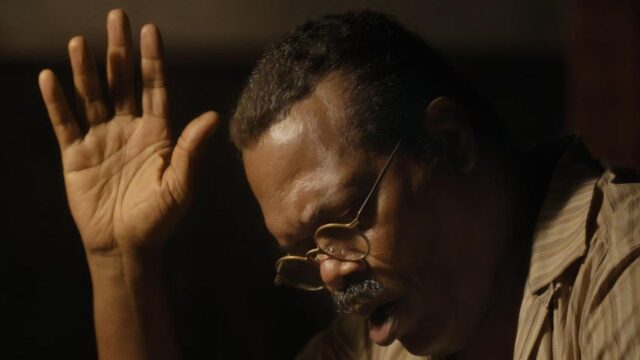
The Meaning of Water on the Floor
Water appears throughout The Piano Lesson, symbolizing Sutter’s ghostly presence. The water’s mysterious origins and movements tie it to Sutter’s death in a well, further emphasizing the supernatural elements at play.
Its recurring presence amplifies the tension and serves as a haunting reminder of the family’s struggles.
What the Ending of The Piano Lesson Means
The climax of The Piano Lesson underscores the importance of familial unity and ancestral connection. Berniece and Boy Willie represent opposing responses to generational trauma: Berniece seeks safety and closure, while Boy Willie strives to reclaim what was taken from his family.
Together, they find a way to honor their heritage and overcome the scars of systemic oppression.
By embracing their shared history and the power of the piano, Berniece and Boy Willie bridge the gap between their differing perspectives. This act not only banishes Sutter’s ghost but strengthens their resolve to move forward as a family, grounded in their cultural roots.
About The Piano Lesson
The Piano Lesson is a 2024 American horror drama film directed by Malcolm Washington, who co-wrote the screenplay with Virgil Williams. It is an adaptation of the 1987 play by August Wilson. It stars Samuel L. Jackson, John David Washington, Ray Fisher, Michael Potts, Erykah Badu, Skylar Aleece Smith, Danielle Deadwyler, and Corey Hawkins.
The Piano Lesson premiered at the 51st Telluride Film Festival on August 31, 2024, and it was released in select theaters in the United States on November 8, 2024, before streaming on Netflix on November 22.
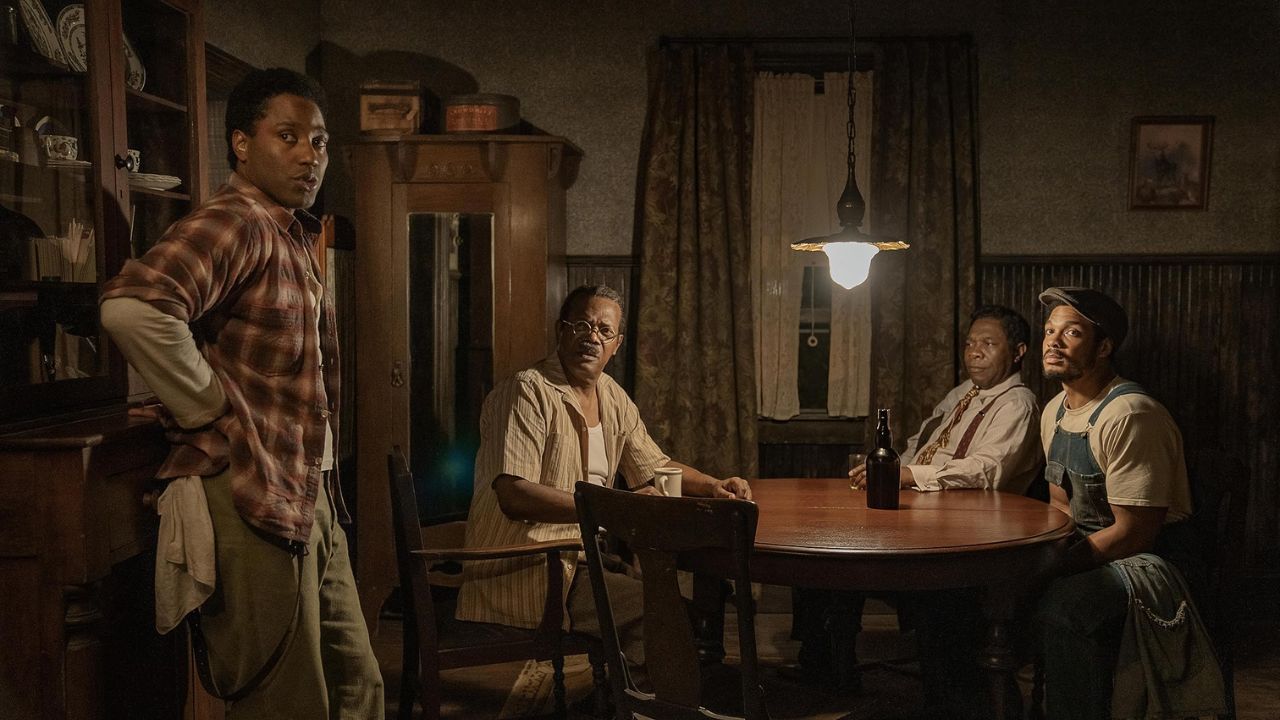
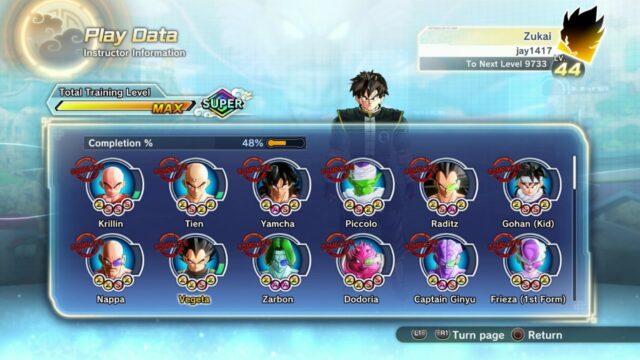
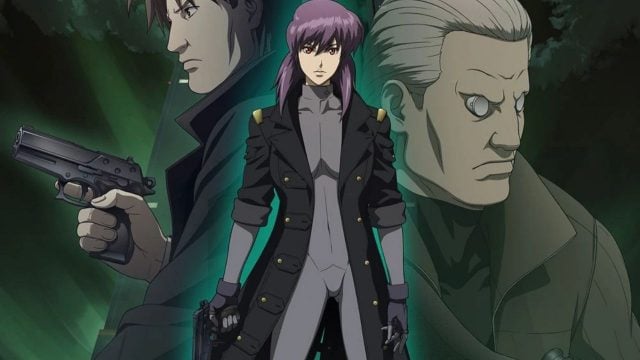
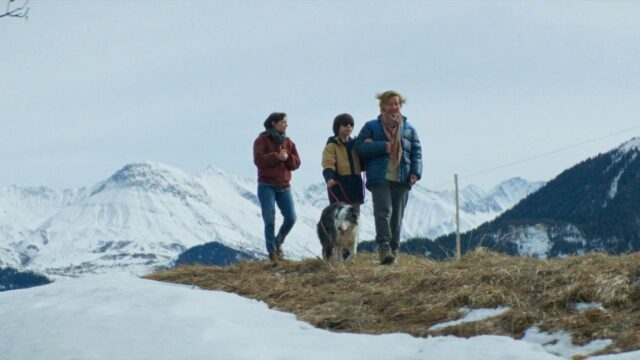





No Comments on The Piano Lesson Ending Explained: Boy Willie & Berniece Confront Sutter’s Ghost